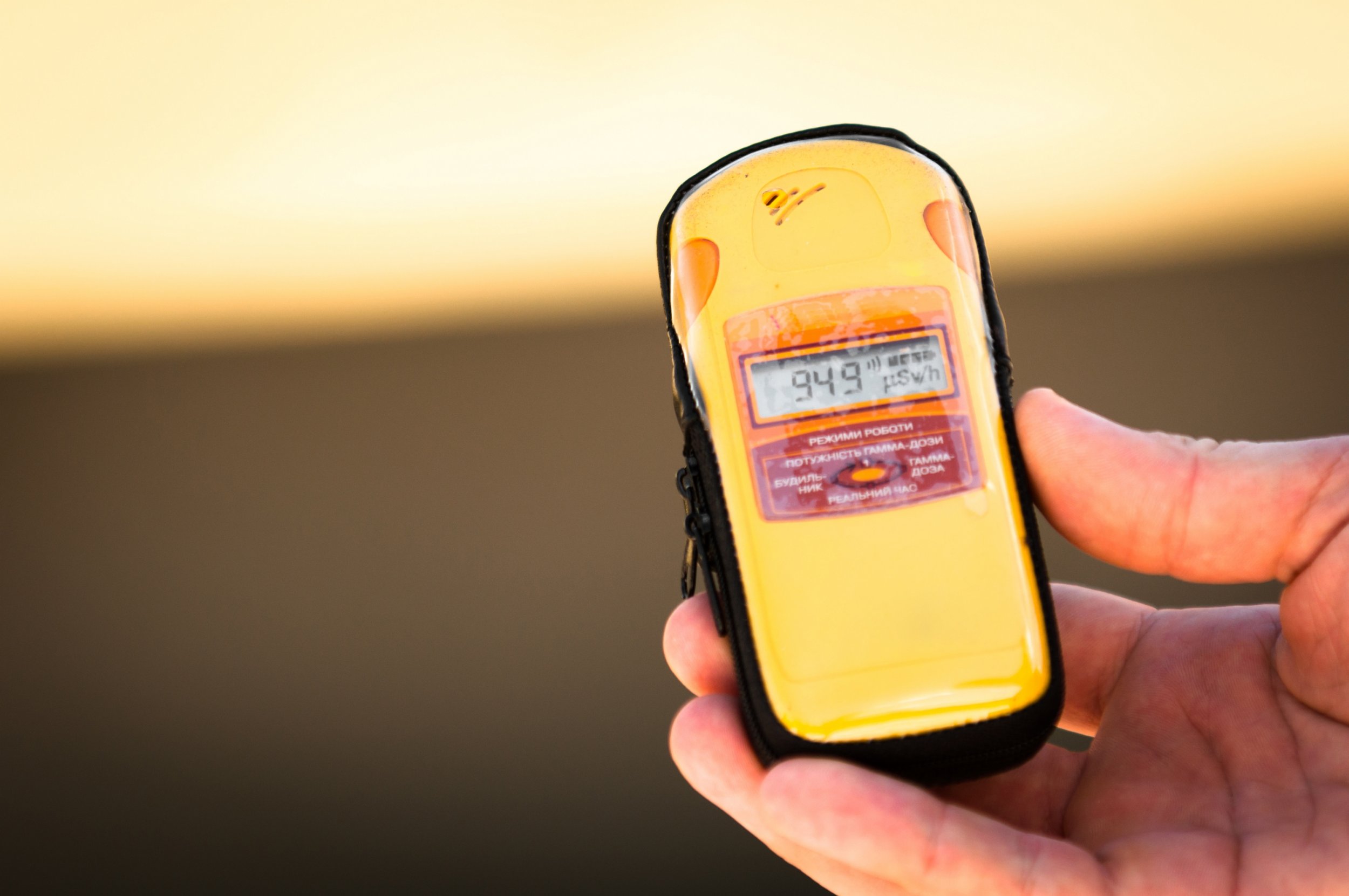
A deceased cancer patient was cremated with a radioactive substance in his body, spreading potentially harmful material around the facility, according to a case study published in JAMA.
Two years ago, the patient, who was 69, was taken to an Arizona hospital where he received a therapeutic radioactive compound known as lutetium Lu 177 dotatate to treat a cancerous tumor in his pancreas.
The next day, he was admitted to another hospital for hypotension—or low blood pressure—but died from complications related to the cancer two days later.
The medical staff who initially treated him with radiation were unaware of his subsequent unexpected death and the patient was cremated just days after he was first hospitalized.
"When the treating physicians and radiation safety officer became aware of the death, the crematorium was notified, and a survey of the empty cremation chamber and equipment was performed one-month post-treatment [with a Geiger counter]," the authors of the study wrote.
Tests on the crematory equipment—including the oven, vacuum filter and bone crusher—detected radiation, albeit at relatively low level, primarily from lutetium Lu 177, the substance used to treat the patient. This is the first time such a case has been documented.
"Although other case reports have described potential safety concerns following cremation of patients treated with radiopharmaceuticals, contamination of facilities has not, to our knowledge, been observed," the authors wrote.
Fortunately, urine samples taken from the crematory operator showed no signs of lutetium Lu 177. However, the scientists did pick up traces of another radioactive compound used as a therapy, known as technetium Tc 99m, which the crematory operator said he had never received in a medical procedure.
This finding led the researchers to suggest that the operator may have been exposed to the unexpected substance while cremating another set of human remains.
The detected levels of both lutetium Lu 177 in the crematory and Tc 99m in the urine sample are low enough that they were unlikely to have posed a problem to any workers at the facility, the researchers say. However, the case study does highlight what could potentially be a widespread—and seemingly underinvestigated—health and safety issue, with 18.6 million nuclear medicine procedures performed in the United States every year.
"Further studies are needed to evaluate the frequency and scope of radiation contamination and health effects of repeated or long-term exposure of employees in crematoriums in the United States, especially as the cremation rate was greater than 50 percent in 2017," the authors wrote.
Monitoring the movement of radioactive compounds in deceased individuals is made more difficult by the fact that laws and standards differ between states, according to the researchers.
"Arizona has no regulation regarding informing crematoriums of deceased patients who have received a radiopharmaceutical," they said. "In contrast, Florida requires that no other material, including radionuclides, other than human remains shall be incinerated."
To try to mitigate the risk of situations like the one documented in the latest study occurring again, the researchers make a number of recommendations.
"Future safety protocols for radiopharmaceuticals should include postmortem management, such as evaluating radioactivity in deceased patients prior to cremation and standardizing notification of crematoriums," the authors of the study reported.
In comments provided to Newsweek, Kevin Nelson, an author of the study from Mayo Clinic Arizona, said: "Although we believe the risk to be small, radiation risk is additive and measures need to be in place to keep unnecessary exposure to members of the public as low as possible."
This article was updated to include comments from Kevin Nelson.
Uncommon Knowledge
Newsweek is committed to challenging conventional wisdom and finding connections in the search for common ground.
Newsweek is committed to challenging conventional wisdom and finding connections in the search for common ground.
About the writer
Aristos is a Newsweek science reporter with the London, U.K., bureau. He reports on science and health topics, including; animal, ... Read more
To read how Newsweek uses AI as a newsroom tool, Click here.








